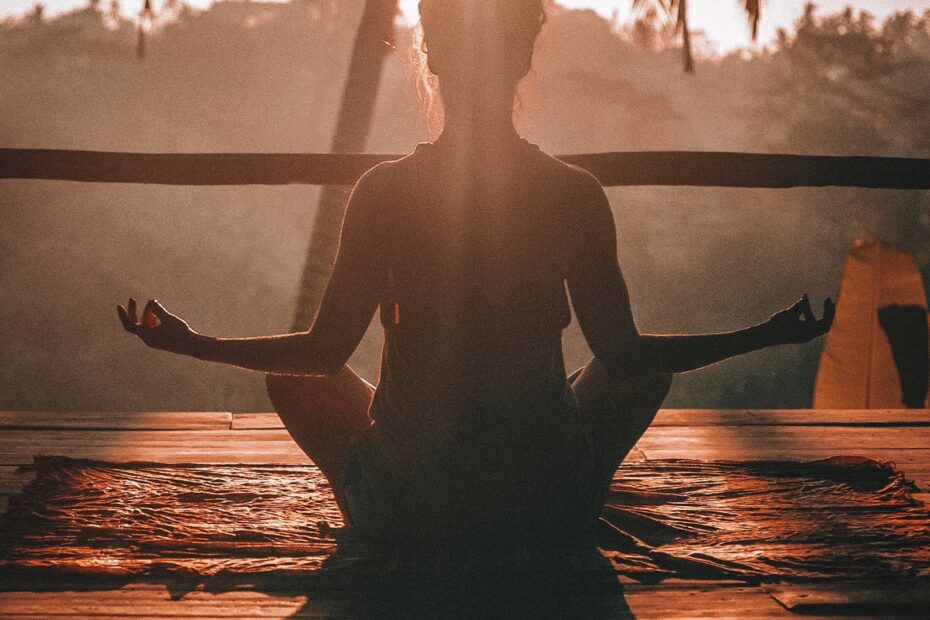“Miss Rebecca” called the nurse, and I looked up at her.
“Room 22” she said, gesturing towards a dark wooden door across the room.
I got up from my chair in the hospital waiting room and went into the doctor’s office. I just had my yearly medical checkup done and was waiting for my consultation. It was a new hospital, and I was one of the few patients they had that day, so the wait wasn’t that long.
Unfortunately for me, I had fasted the night before to get my blood drawn for testing, and by the time I was done with the blood work, I had started to get the sensation of a migraine attack coming.
Hunger, apparently, was one of my many migraine triggers, and I quickly popped an anti-migraine painkiller as soon as I was done with my rounds with the nurses and had some time on my own.
Thirty minutes minimum, and one-hour maximum before some relief from the medication, I told myself internally.
I held in my nausea as I rested in the waiting room, and about fifteen minutes later, I was called in for my consultation.
My head was still throbbing when I was called in, I knocked on the door and greeted the doctor, and took my seat in front of her.
She looked young, maybe in her late twenties to early thirties, and had a somewhat chilly appearance. It probably had been a long day for her, I thought to myself.
She reviewed my results, went down the list of data and numbers, and cleared me of many concerns, the only outlier in the report was that I was high in my cholesterol, but due to my age she advised me to exercise to reduce it. That was that, I thought.
Then she looked at me and asked me, what other concerns did I have and any questions on my general health.
I looked back at her, hesitated internally for a bit, then I opened up about my migraine history and that I was having one now, controlled by painkillers, and how I have always managed it.
She advised me that migraines were sometimes due to inflammation, or constricted blood vessels in my head since mine occurred always on the same spot. I had known some of this from prior research and previous doctor consults, and it was good to get the advice of another doctor on how to manage it, I thought.
She understood the medications I took to control the pain, and we talked about the triggers, and how even some foods and our hormone changes can aggravate it.
Then she proposed to me to try meditation to stop the pain from my migraine attacks.
I was taken aback, but I continued to listen to her advice on these alternative methods.
She said I could try to talk to myself in the mirror in the morning, before I start my day, to think positive thoughts and remind myself that there will be no migraines today. She talked about how to meditate daily in my life, and how it would prevent my pain.
She couldn’t see it nor hear it, but the door in my mind was slowly starting to shut, creaking all the way till the door closed.
My face appeared the same of course, I had learned not to change my facial features in conversations with people, basically, I had practiced my poker face. Honestly, I probably stared at her and nodded at the right cues.
I thanked her for her time, took my written report, and left her office once we were done.
But as I was walking out, I was feeling surprised, annoyed, and clearly flabbergasted at her final suggestions on how to prevent or cure myself of the pain which I had endured for the past 14 years since my adolescence. I thought we were having a conversation about how migraines happened and the medical background for it.
She’s a doctor by profession, a woman of science, I thought, so where did the homeopathy and positive thinking methods come from?
To be clear, I do not think I can positively think myself out of a migraine attack. I had struggled to control my nausea and was trying not to vomit as it is. All I wanted was to hide my head under a pillow and be alone in a dark, silent room and wait out the pain.
I concluded that humans, despite what we learned in school and what we practice in our daily profession, we will still be prone to our own personal beliefs. What she spoke about clearly clashed with her understanding of how pain occurs in the body, in terms of medical science.
But still, I thought logic and medicine would have prevailed for her.
I may have been too hard on the doctor, I thought to myself.
I mean, just because someone does not apply the same logical rules and reasoning as you do, does not make them inferior in their approach.
But it does make them appear to have less credibility, doesn’t it?
Let me know your thoughts, maybe I am being mean, but one has to make a personal stand on these matters too, shouldn’t we?

